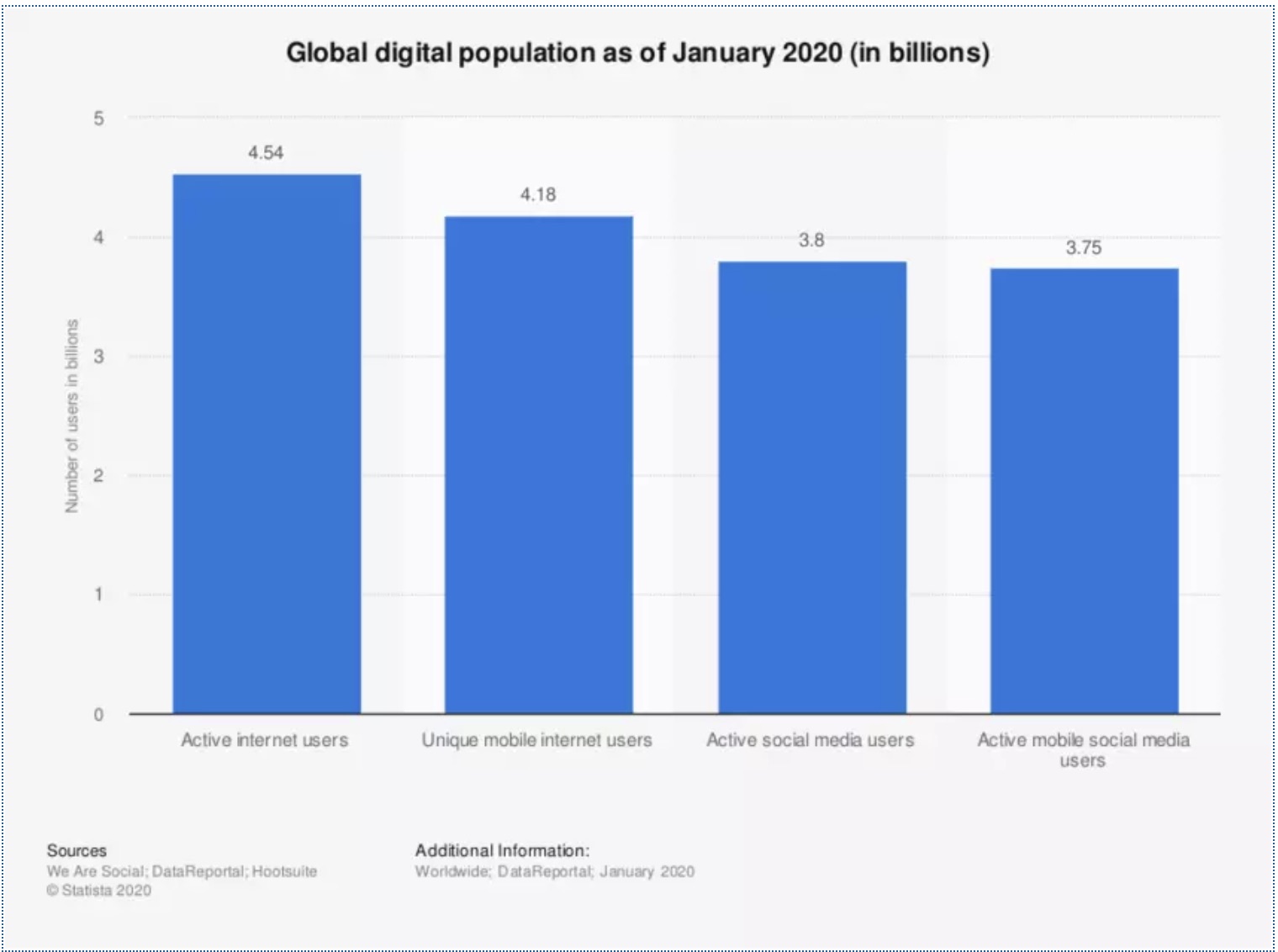The tele-health team at Jefferson Health has been calling themselves the “Night’s Watch”, a reference to the battle-hardened border patrol in the TV series Game of Thrones. And it’s true, where it’s available tele-health has allowed thousands to be screened and supported at home, giving our hospitals time to prepare for the onslaught of intensive care treatment for those who need it. Indeed, most people with COVID-19 will be cared for at home, and we are learning how to help them there.
But the lesson of tele-health – of digital medicine – applies to many more industries than healthcare delivery. It is part of how every industry will be transformed as the pandemic hastens the digitalization of work in every sector.
In medical terms, the global economy has been dislocated. Much of how we lead it into the future will be digital, and because of our work on the frontlines in healthcare, I believe we have lessons for all industries.
My dialogue with members of the World Economic Forum these past weeks encourage me to believe the Forum will be part of that leadership. We must commit together to build equitable and sustainable models for an optimistic future as we emerge from the crisis of COVID-19. Allow me to pick a few of those lessons:
1. Speed and trust.
Too clearly, we learned how much we need an early warning system for future crises, whether from climate change or pandemics. Future global crises may not just come from disease – which is why a warning system like the World Health Organization’s proposed Epi-Brain offers a comprehensive model. Having a system we can trust is critical: only through trust will citizens act as they did to self-isolate. In truth, we acted together by staying apart.
2. Broadband access to the internet.
As tele-health illustrated, digital access is now like oxygen. For years, our social workers have been advising cancer patients on how to access their own health data and treatment plans online. Now all our patients who have financial difficulties are in need of that advice. Students throughout the world could not access online learning tools without broadband. The Forum’s work on emergency spectrum access has been critical. Digital access must be seen as a utility, like electricity and plumbing.
3. Medical surge capacity.
COVID-19 showed us, as did the refugee crisis, that the globe lacks the ability to assemble a powerful intensive care capacity. This is now a clear challenge for world leaders.
4. Health assurance.
COVID-19 proved that the “Internet of You” can support a new era of health assurance. I call it “healthcare with no address”, where sophisticated medicine can be delivered to people at home. People want to live happy and productive lives without healthcare getting in the way. We now know we can do that. In many countries, notably India, this is the future. As futurist Vinod Khosla observed, it would take an infinite amount of money to provide traditional hospital support to every person on the globe. Instead, it must be done with digital health.
5. Ethics and equity.
The promise of digital medicine is the promise of the Fourth Industrial Revolution, where the tools of artificial intelligence transform all professions. At the same time, healthcare is the ultimate argument for the difficult lesson: that the digital future cannot simply make the wealthy healthier. Digital medicine gives us an unparalleled opportunity to address the social determinants of health and provide access to everyone in their own neighbourhoods.
The World Economic Forum has stood for 50 years behind the idea that industry has stakeholders as well as shareholders. I am deeply encouraged that this core ideal stands firm as we develop digital medicine and create a world of health assurance for all. This pandemic will be controlled eventually by the technology of medications and vaccines, but the lessons we have learned should help us build a powerful future across industries. Never in its history has the World Economic Forum had a greater opportunity to lead a discussion on how new technologies, creative partnerships and the digital economy can, in the spirit of stakeholder capitalism, create a better world for all.
Stephen Klasko, President and Chief Executive Officer, Jefferson Health
Republished from the World Economic Forum











